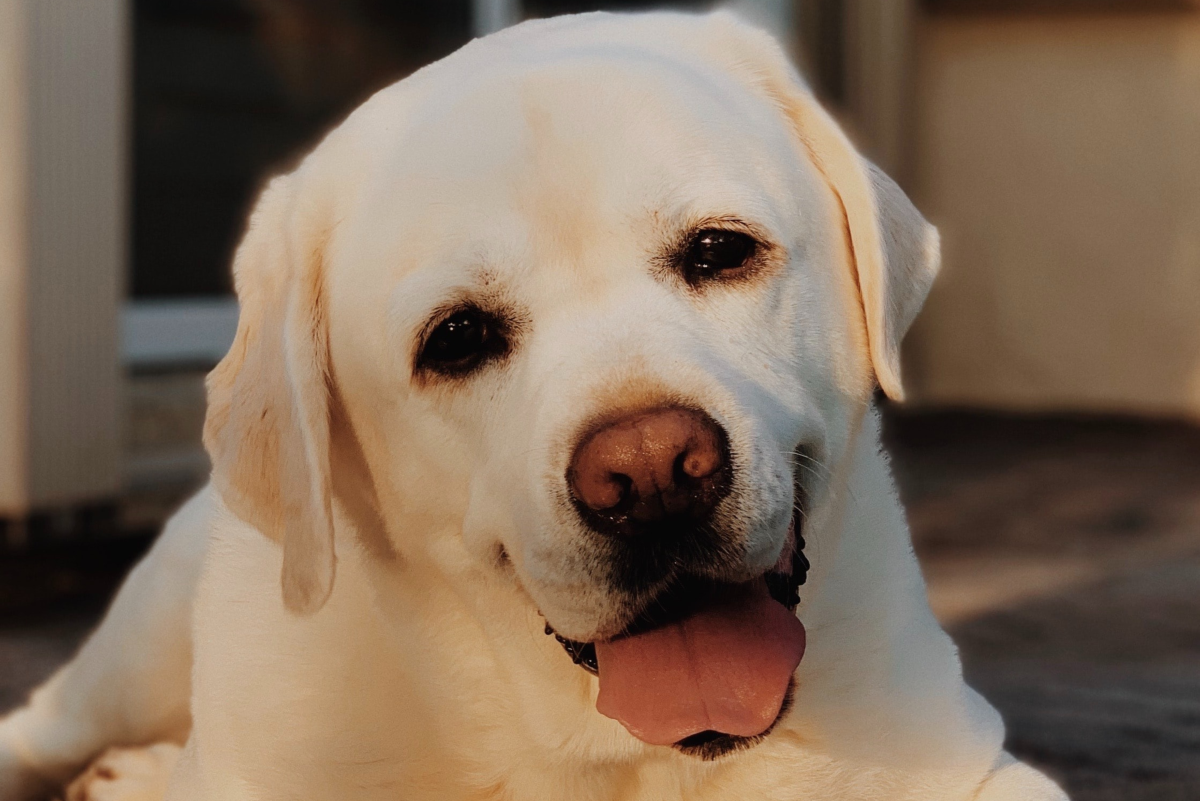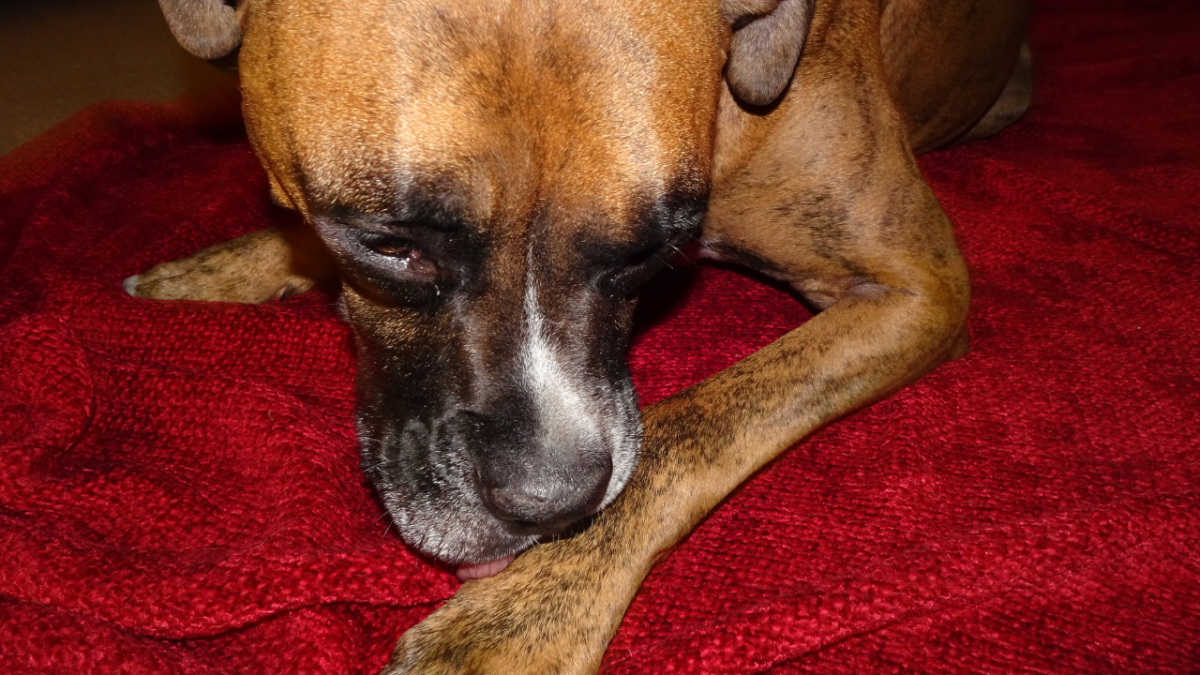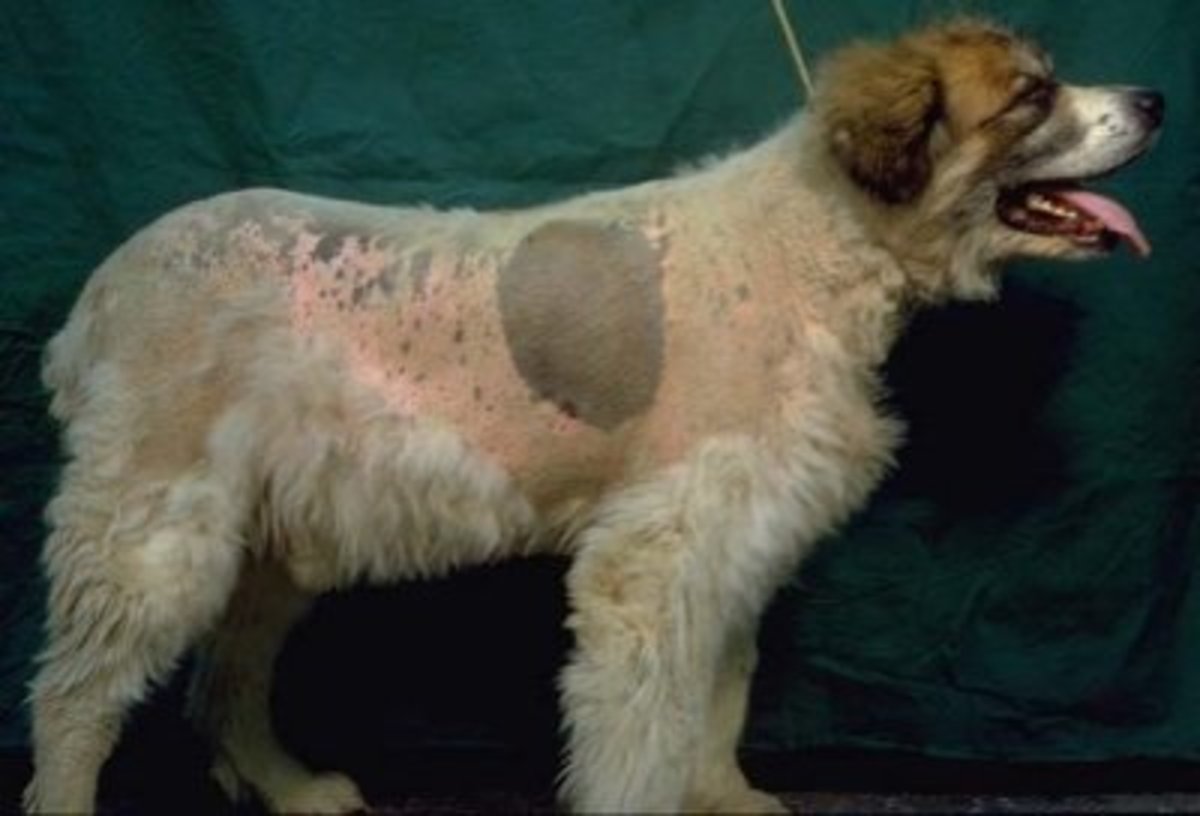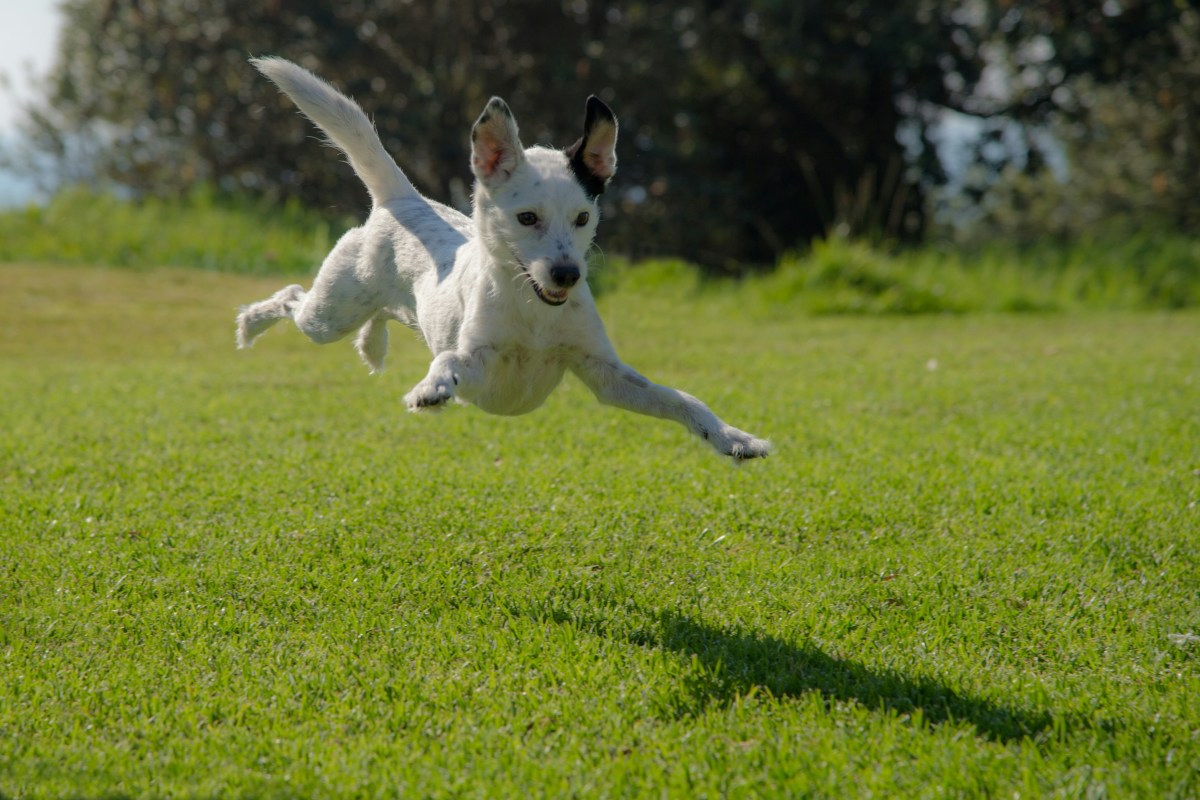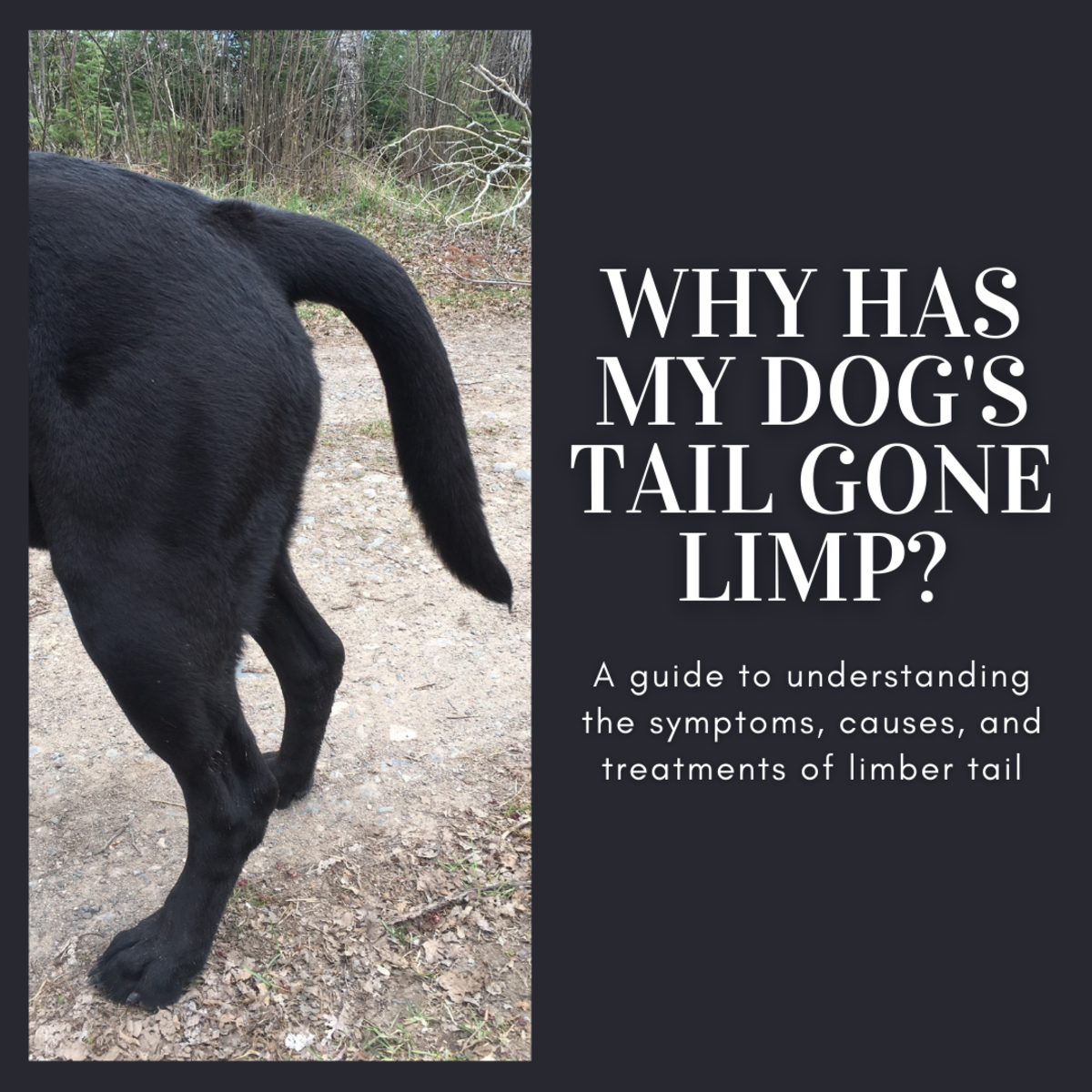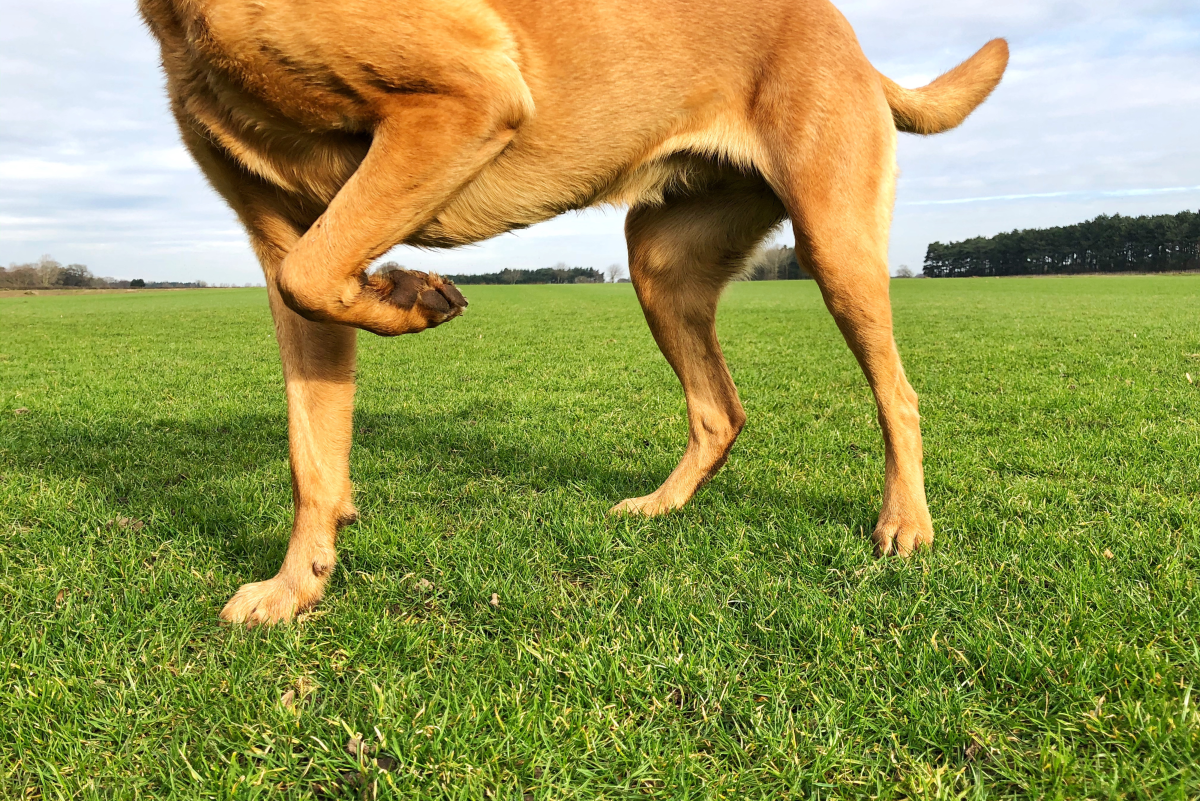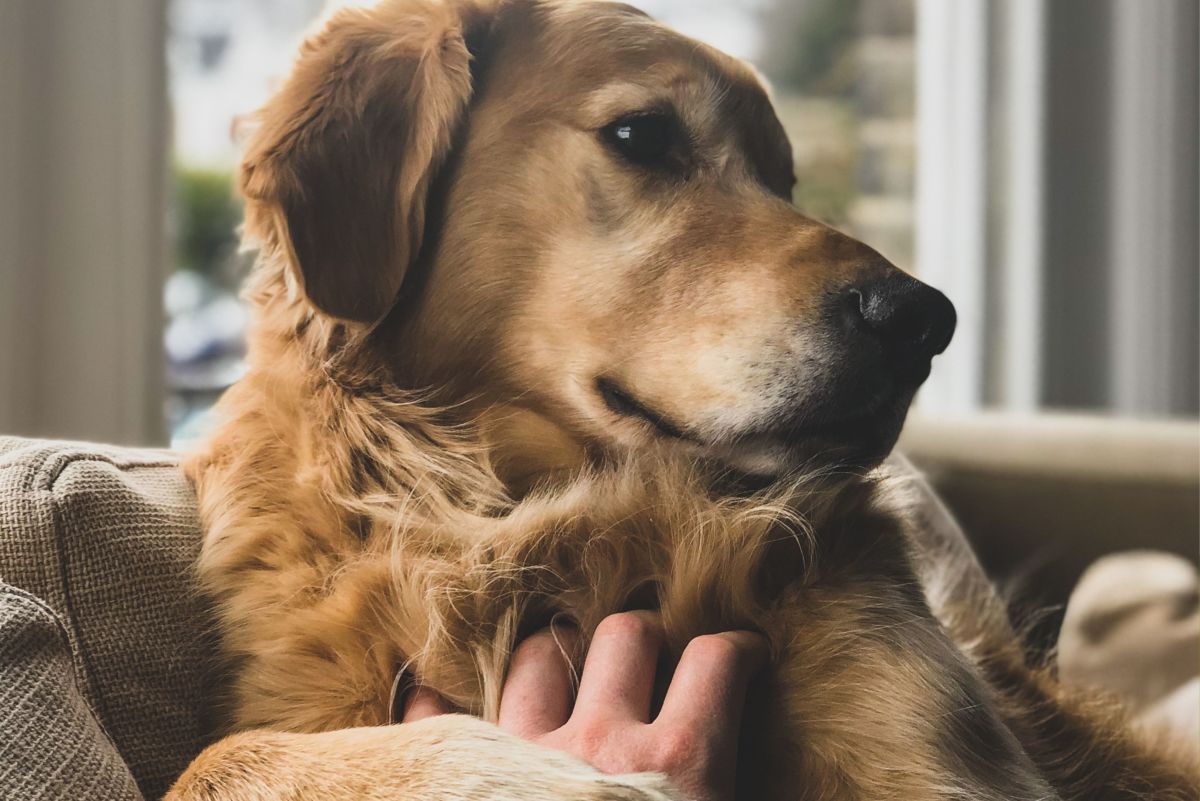Dog Depression: Signs, Causes, and Treatments
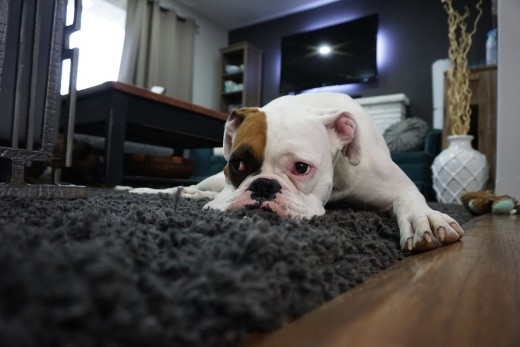
How is your dog at home?
Have you noticed lately that your dog’s energy level has dropped, his eating and sleeping habits are no longer the same, or he’s not as interested in the things he used to enjoy?
If your canine friend is going through all these then, it’s possible that your dog is going through a state of depression. Dogs, being a social animal, can get depressed just like people do. Luckily, signs and symptoms of dog depression are easy to recognize and treatments are usually easy and simple to carry out.
However, care must be taken not to accidentally reward the dog for sad behavior. There are easy ways to encourage happy behavior and to raise its mood.
Is Your Dog Really Depressed? The Signs and Symptoms
Changing Appetite
When dogs become depressed, they most often eat less or even stop eating although some dogs will eat a lot more when they get depressed, because dog food provides them comfort and satisfaction. If your dog has lost significant amount of weight in a short period of time, it could be possible that it is suffering from an illness.
Loss of Fun/Interest
Have you seen your dog losing fun with the things he used to be interested in? A major symptom of depression in dogs is no longer showing interest in going for walks, nor in all the other activities your dog used to enjoy. Again, these depression symptoms are remarkably similar to humans.
Sleeping Habit Changes
Like humans, when dogs get depressed, they often sleep a lot more than they usually do. You might come home from work and find that your dog doesn’t want to get out of bed. Dogs usually, get excited and energetic when their owner arrives. Excessive sleeping could signify depressed behavior.
Excessive Licking
Depressed dogs will often lick their paws to calm themselves. Dogs normally, lick their body to clean themselves. They also do that along with fast breathing in order to relieve themselves of excessive body heat because dogs don’t have sweat glands on their skin. If it seems like your dog is displaying excessive licking or biting behavior, he may be depressed.
Avoidance or Hiding
If your dog suddenly starts hiding from you or wants to be left alone, that’s a strong indication that something is bothering him. It could be that you’ve done something wrong or you’ve said something loud that offends him. It could also be due to a physical injury, or it could be purely emotional.
What are the Causes?
Although dogs are more present-day oriented than humans, this doesn't mean that whatever happens presently will not affect them in the long run. Dogs may exhibit strong emotions like fear, anxiety or depression when seeing someone who abused them in the past.
On the other hand, considering how important a dog's human and animal companions are to him, a dog’s owner and animal friends provide not only food, water and shelter but also love and attention. They provide him with endless interesting ways to fill his waking hours. Other pets in his household enrich his playtime, downtime, and provide moral support and security within his family environment.
In short, his owner and animal friends are the highlights of his life for each and every day. When one of these companions leaves him, permanently through death, or temporarily through a long hospital stay, his world turns upside down. His loss can be tremendous. Just like people, dogs need support, love and attention when going through depression.
In fact, since dogs are intelligent and social, they can learn habits more quickly compared to other animals. This is why a major change of any sort can upset them immensely. Some dogs that are not used to being caged will experience stress and depression when suddenly put in a cage.
Being transferred to a different enclosure or house without his old friends and toys or even a window view can be depressing to a dog. The friendly children next door he'd run along the fence and play with may now be replaced with less friendly people or with nothing at all. A change in environment is a change to a dog's daily schedule and it can be upsetting to your dog pet.
How Can Your Dog Overcome Depression?
So, what to do if your normally happy dog has now the symptoms of depression? The first important thing to do, is to take your dog to the vet to make sure these symptoms are not caused by a physical sickness.
If the vet finds that your dog is physically fit and healthy, the best thing you can do is maintain the routine schedule that you and your dog had before his depression in order to get him back to a sense of completeness. Keep feeding him on time with the same amount of food he used to have and take him on plenty of walks so that he can get enough exercise. Continue to try to engage him with activities he used to enjoy, like going to the dog park, and make sure you pay him extra attention. If this is no longer possible, then, change his daily schedule and routine gradually to give your dog a time to adapt to his new environment.
Fortunately, treatment is usually simple and based directly on the cause. For example, a dog mourning the death of his dog companion will benefit tremendously from interaction with other dogs. Dog parks or long walks in a dog friendly neighborhood work wonders if it isn't yet possible to get another dog. Lonely dogs whose owners must suddenly work longer hours can benefit greatly from the addition of a new family pet they'll enjoy. In general, depressed dogs need lots of extra affection and attention. More exercise and activity is best given doing the things they most enjoy.
Herbal supplements may work wonders as an anti-depressants for chemical imbalances but these must be prescribed by a vet. Please note that drugs should be the last resort, however, as they may cause unpleasant side effects. Whenever possible, depressed dogs should be cheered up in natural ways. Hugs and treats should be given only once a dog's been coaxed into happier behavior. Doing this before your dog is being treated; it will only worsen the situation and encourages the dog to do the same thing again.
The good news is that dogs suffering from depression are usually back to normal within a few months, sometimes even in just a few days. Unlike humans, long term depression in canines is extremely rare. Because dogs are more present-day oriented than their human companions, treatments employed for whatever is causing their blues are more readily accepted and their resulting uplifted mood and behavior are more easily retained.
What should you do then?
Therefore, having an animal companion in our home is a responsibility that should not be taken for granted. We should give time, attention and love to our canine companions. Dogs are emotional and social animals. If we mistreat them, they will remember it and they may become depressed. If we give them love and compassion, they will give us unconditional love in return. After all, dog is a man’s best friend.

